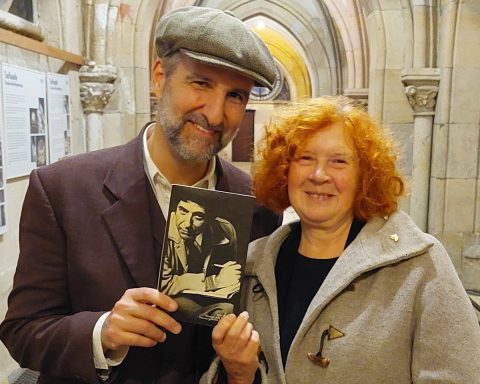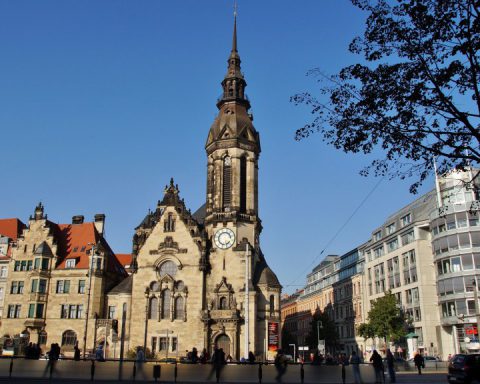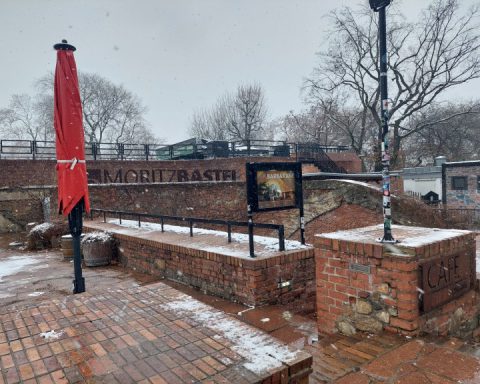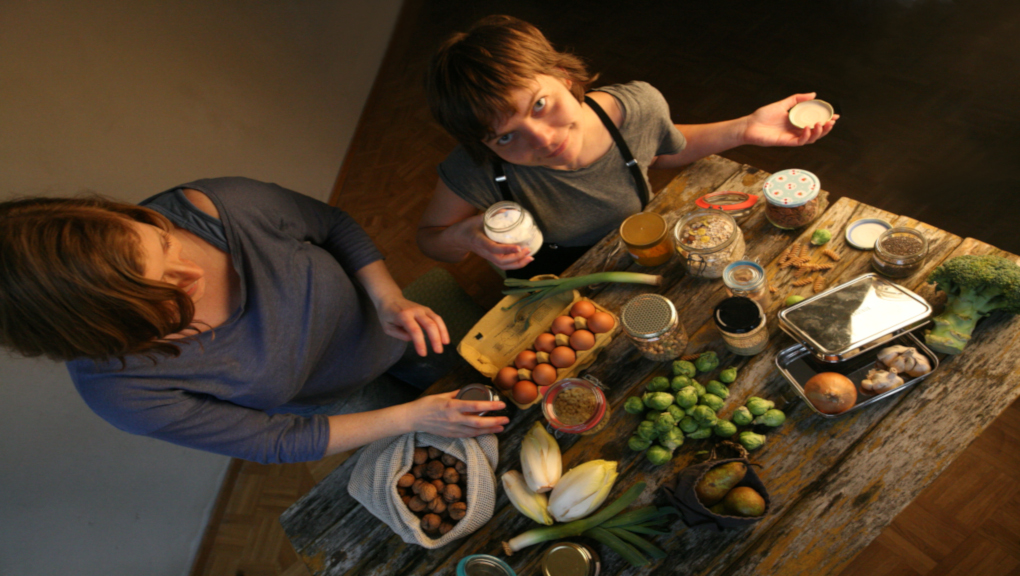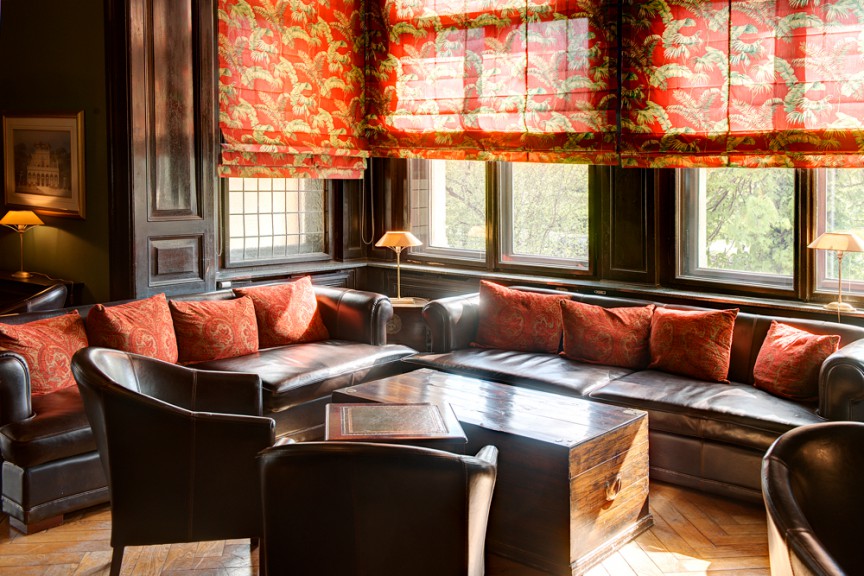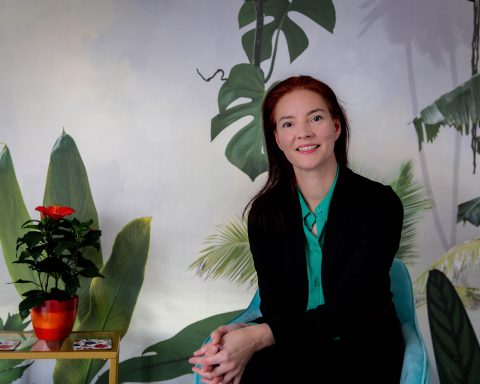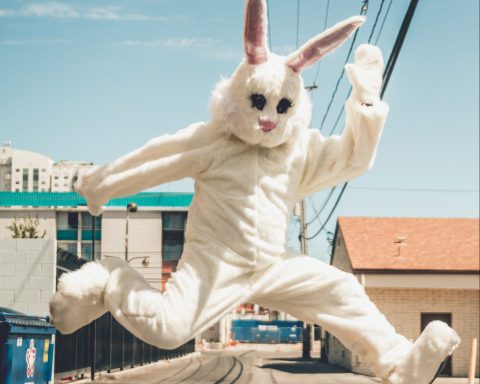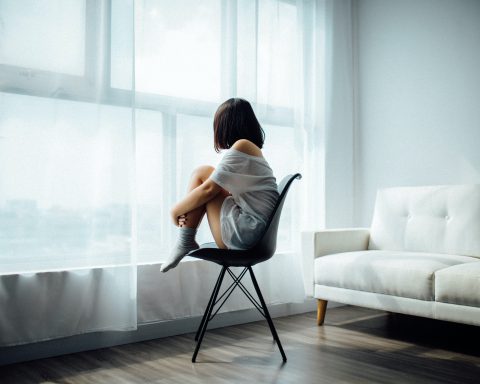New LeipGlo column: Literary Parlor
Words and plots brood in the dark cocoons of a writer’s mind. The newly-hatched literary monarchs or common blues all briefly bask in the sunshine: in the best case, to be admired, worshipped and pinned for display long after their creator’s lifetime; in the worst, to spend their short life unnoticed. The entomology of writing is one of the least fathomable or predictable. Yet, are there any recipes on how to succeed? In our column Literary Parlor, we invite international award-winning authors for a virtual cup of tea, coffee or whisky, to unveil some of their art and craft secrets.

Literary Parlor Part I: Patricia Colleen Murphy
Patricia Murphy won the 2019 Press 53 Award for Poetry with her collection Bully Love, published by Press 53 as a Tom Lombardo Poetry Selection. She founded Superstition Review at Arizona State University, where she teaches creative writing and magazine production. Her collection Hemming Flames (Utah State University Press) won the 2016 May Swenson Poetry Award, judged by Stephen Dunn, and the 2017 Milt Kessler Poetry Award. A chapter from her memoir-in-progress was published as a chapbook by New Orleans Review. Her writing has appeared in many literary journals, including The Iowa Review, Quarterly West, and American Poetry Review, and has received awards from Gulf Coast and Bellevue Literary Review, among others. She lives in Phoenix, Arizona.
Interview by Svetlana Lavochkina
At which stage of your biography did you first feel your vocation as a poet?
I started writing at a very early age. When I was in eighth grade I won a national poetry contest and gained a reputation at my tight-knit suburban junior high school. I went on to major in creative writing at the School for Creative and Performing Arts in downtown Cincinnati, and then also in college.
I was always writing. I’m a poet the way some people are musicians. My poetry practice brings me such calm and joy. When I sit to write, my mind fills with images real and imagined and I leave the earth for 20-40 minutes at a time. There are many ways for people to enter a state of flow, which is a blissful state. One of my favorite ways is through composing.

Do you remember your very first piece?
I remember the writing of it, though I don’t remember the piece itself. It was a child’s poem. I was 11 years old. I was in Mrs. Dawley’s second grade class. I remember that completing the poem made me euphoric. I remember I gained acceptance from my parents, from my teacher, and from my peers. I remember loving the thing I made. I still have that feeling sometimes when I fit all the pieces of a poem in the right place. It is a feeling of pride and accomplishment and hopefulness.
What are your writing routines? We writers with demanding full-time jobs all know how difficult it is to carve out time for one’s own literary work.
You are so right! I have great admiration for writers who can be creative around a demanding work schedule. I don’t always succeed at maintaining my practice in the depths of the semester.
During summers and breaks, though, I have an elaborate and disciplined writing practice. This developed over time, parallel to my hobby as a runner and triathlete.
From 2000-2015 I did almost 100 races. My training cycles ranged anywhere from 4-6 months and during those times I completed scheduled workouts with clear goals.
I write the same way. I identify a period of time where I want to accomplish a book draft, or a set of submissions for magazines. And during that time I show up at the desk ready to work. I keep a journal about the writing that helps me analyze the process. If I have a good day I write about why; same for a bad day.
So my composition sessions look like this: Read for 20 minutes, journal for about 10 minutes, then dive deep into a creative state of flow. Often this creative space works around solving a problem, whether it is finding a compelling image for an ending, or remembering enough details to flush out a story.
I have been so lucky to have enjoyed several four-week residencies and these have been vital to my ability to complete my books. I have two more books nearly finished and I hope to be able to have them in the world soon. A memoir and another book of poems.

Does your teaching come into an energetic clash with your writing? It is known that the creative powers required for teaching and creative writing come from the same gas tank.
Ah yes, sometimes it feels like my teaching eradicates my every small desire. It truly takes everything I have. I am typing this during the last week of my 52nd semester of teaching. How have I not improved in all those years at taking care of my own needs? We have 15-week semesters and sometimes by week 15, I get very sick. Last spring I was hospitalized with meningitis on the last day of class!
Often by week 10, I am so tired I’d like to hide for two months. I do give so much energy to the students. I really care about them very much and want them to have every opportunity. I have rarely had a semester, though, when I was able to work effectively alongside of my teaching. Some can do it. I cannot.

You are known for your faiblesse for beautiful dresses – is there more to it than just an expression of your style?
Oh my goodness, thanks for noticing! I do love dresses so much. It started as a way to avoid wearing pants. I always have trouble finding pants that fit. And it’s so hot in Arizona, I enjoy throwing on a sundress and being done with it. I’m also going to say that I adore contemporary art, especially abstract art, and I collect it too. I choose dresses based on shape but the print is also very important to me, so in some ways my dresses are wearable art. I also use them to memorialize my travel. I try to buy a dress in each of the places I visit.
Some day when I have more time, I want to learn to sew. I love thinking about how to combine shapes and textures. I have a friend who knits and I love to chat with her about her process. I want to be able to do that with fabric. Perhaps I see a dress as a poem – it must sing.


